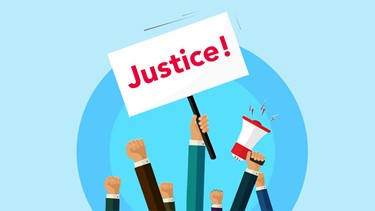What happens now?
In cases where big pharmaceutical companies are found guilty of contributing to the opioid crisis, they often settle or are charged with fines that contribute dollars towards alleviating the problem in the form of grants. These are either through the organization or the federal government depending on the settlement. In the case of Purdue Pharma, they are reorganizing into a public benefit organization. Future profits will be dedicated to rehabilitation and other substance misuse programs.
As it stands now if Walmart is found liable it could face civil penalties of up to $67,627 for each unlawful prescription filled, and $15,691 for each suspicious order not reported. States may see a settlement to assist the communities Walmart has harmed.
It is important we advocate for a portion of this funding to be dedicated to prevention so you can continue doing the important work you do in your communities.
What can you do now?
- Keep up with the news. Follow Count It! Lock It! Drop It! for up-to-date details.
- Facebook: Count It Lock It Drop It | Facebook
- Be in touch with your state attorney general and local lawmakers. Reach out now and often. Let them know that prevention works and the impact prescription opioids have had on our communities.
- Be on the lookout for upcoming grant opportunities.
- Follow the 6 C’s for effective advocacy (clear, consistent, concise, creative, convincing, and committed). NOTE: Please ensure you are following federal, state and funder guidelines in terms of policy advocacy and lobbying. See resource below from the Community Anti-Drug Coalitions of America

Resource on Public Policy: Guide 6, Public Policy — Community How To Guide On Underage Drinking Prevention, DOT HS 809 209, March 2001 (nhtsa.gov)
on Advocacy:
